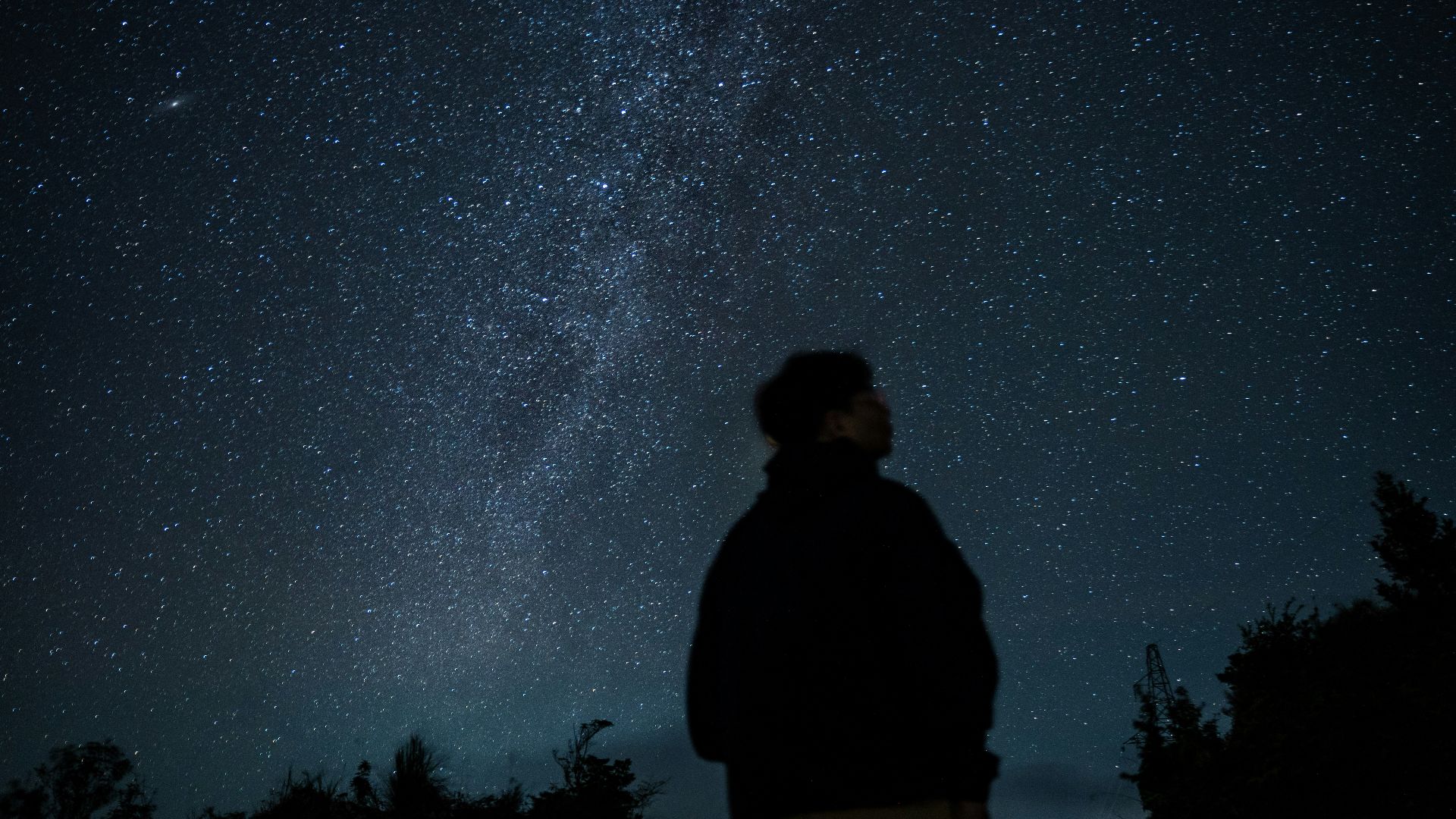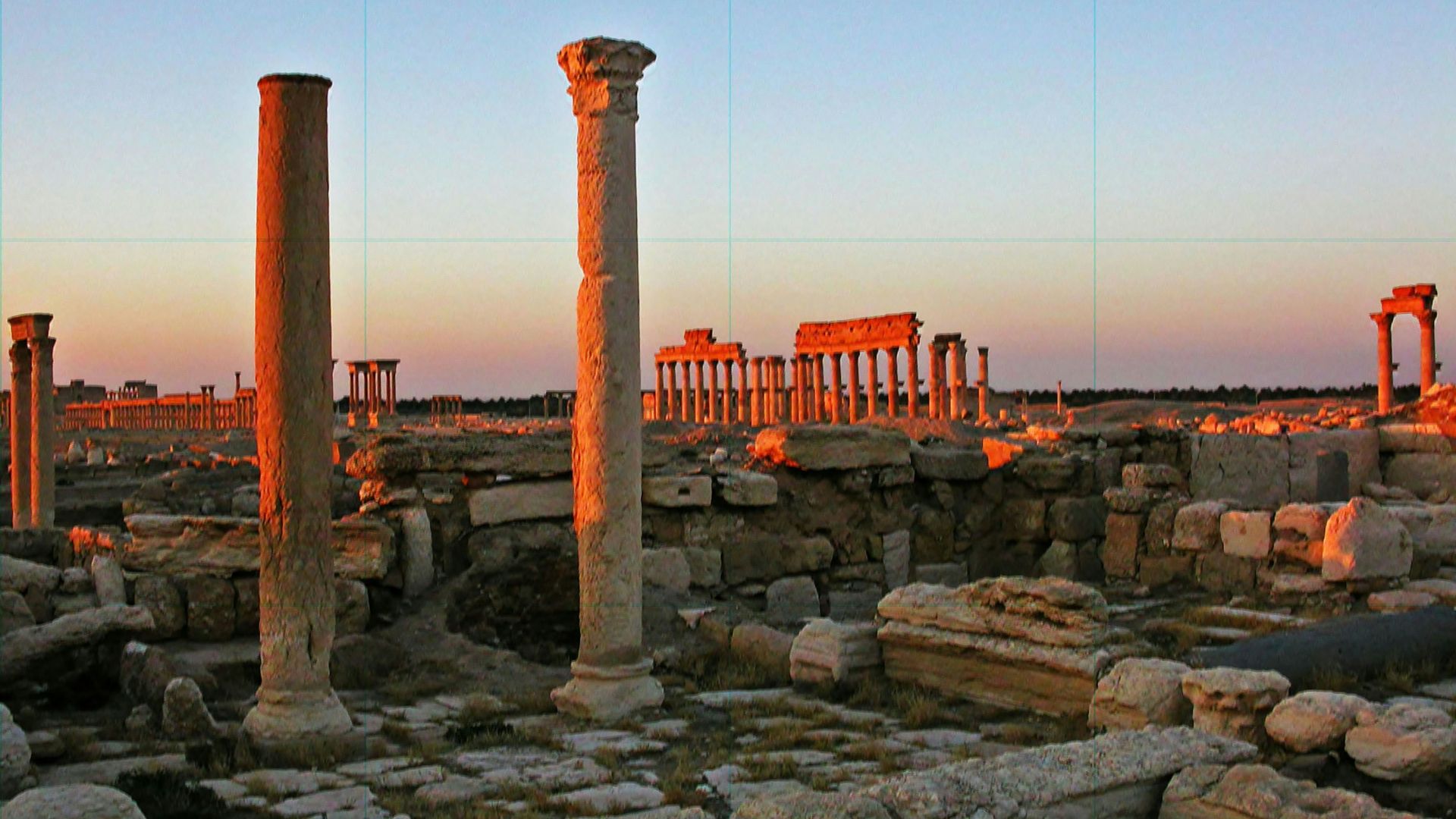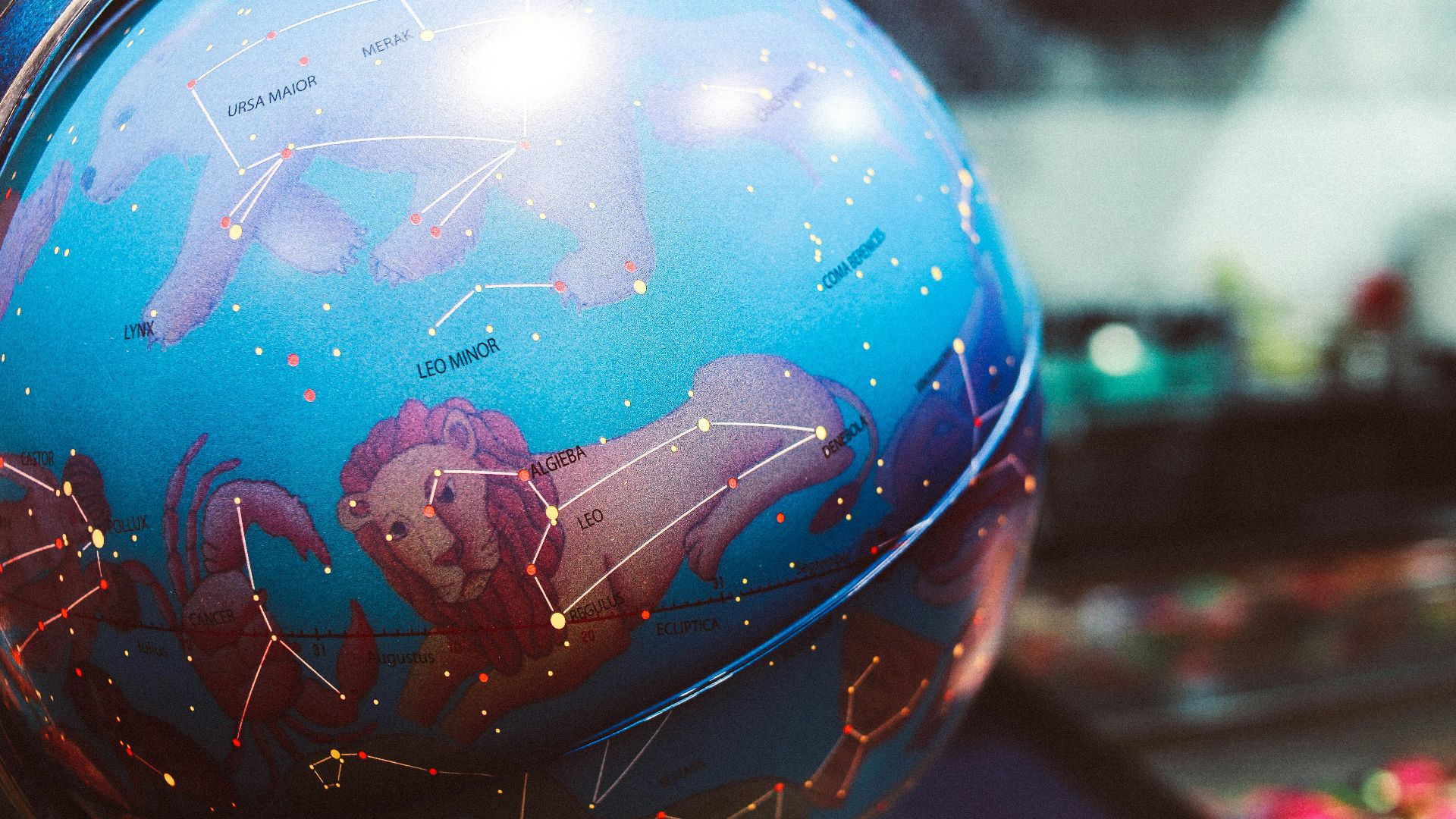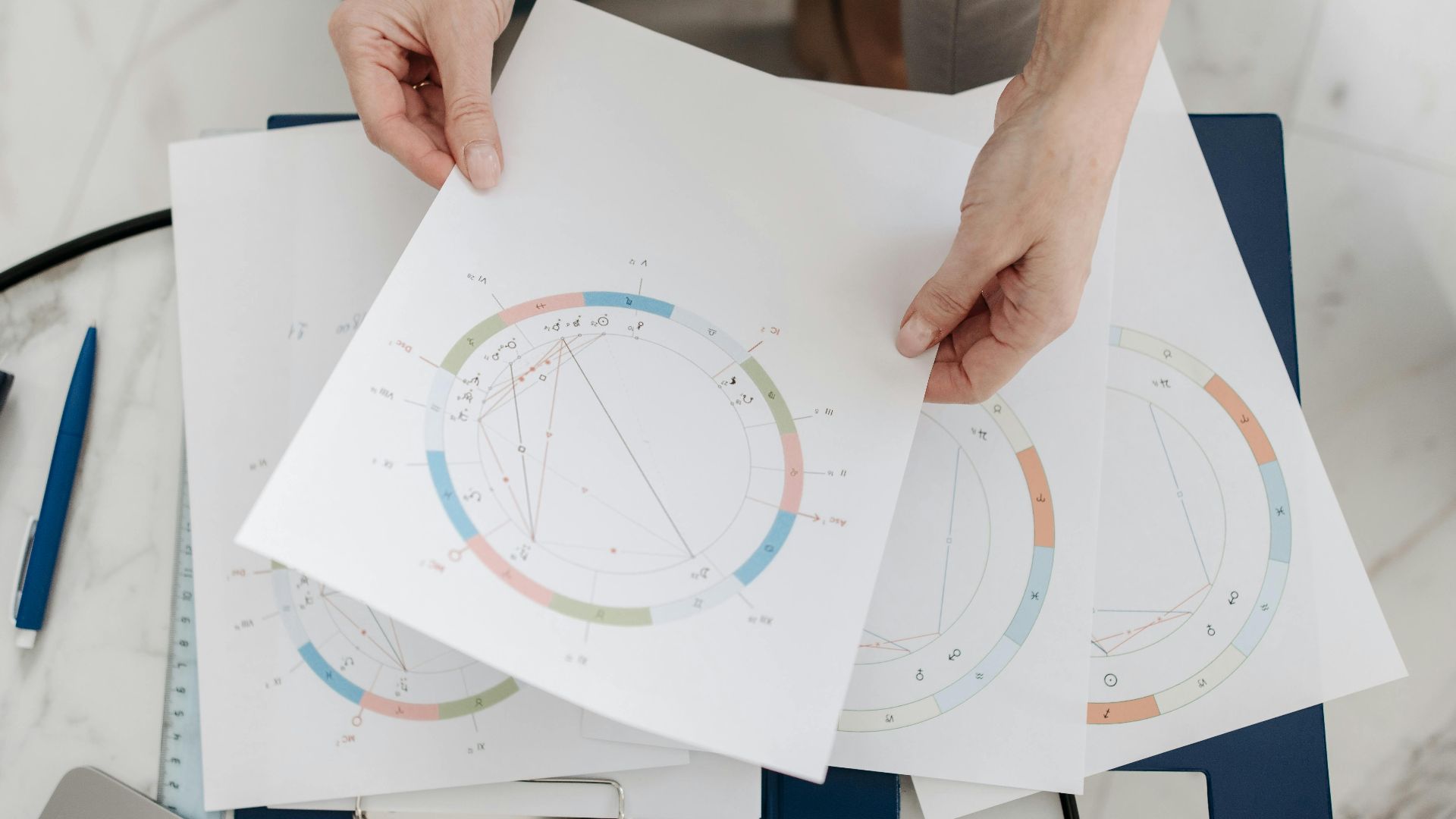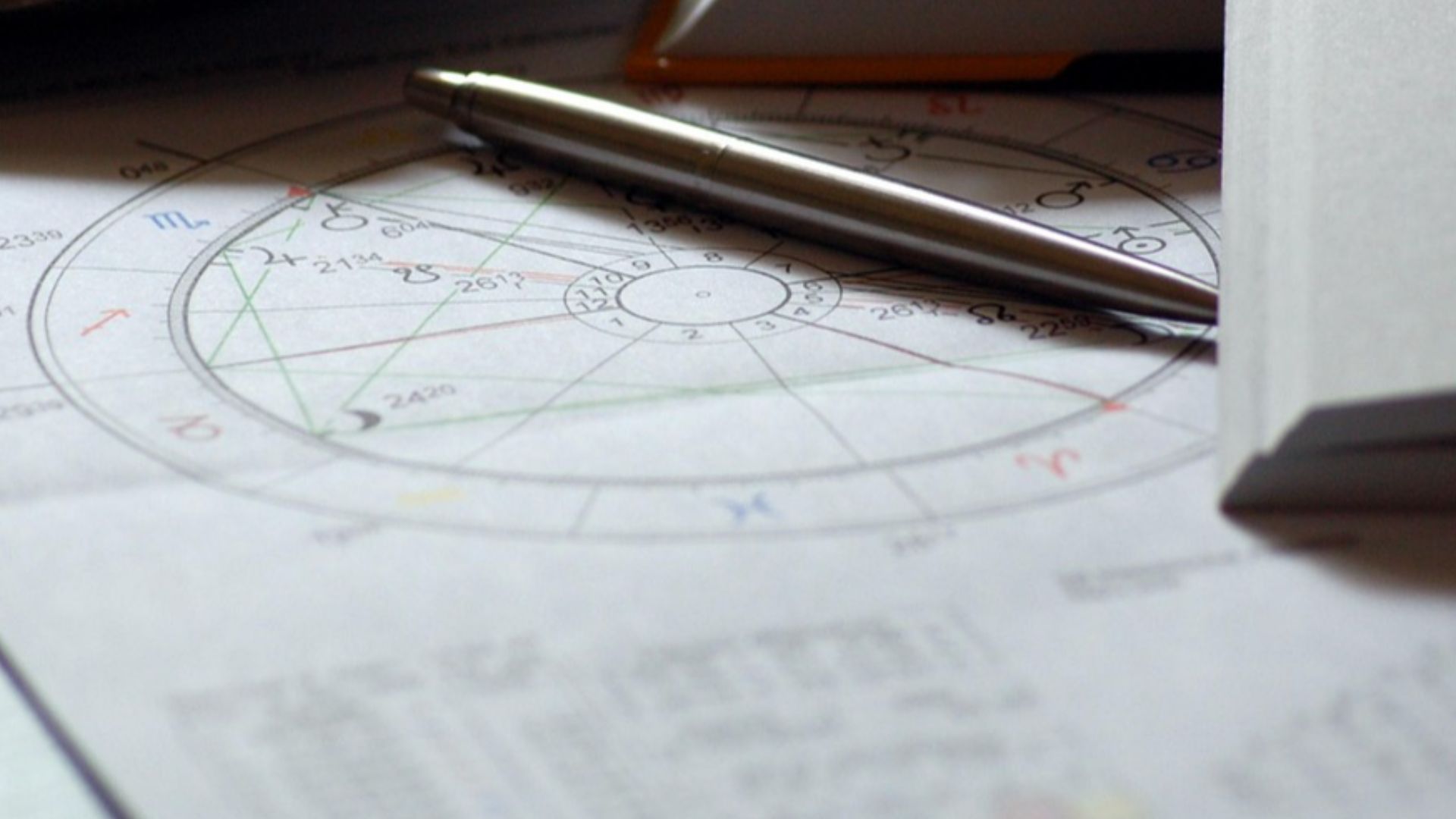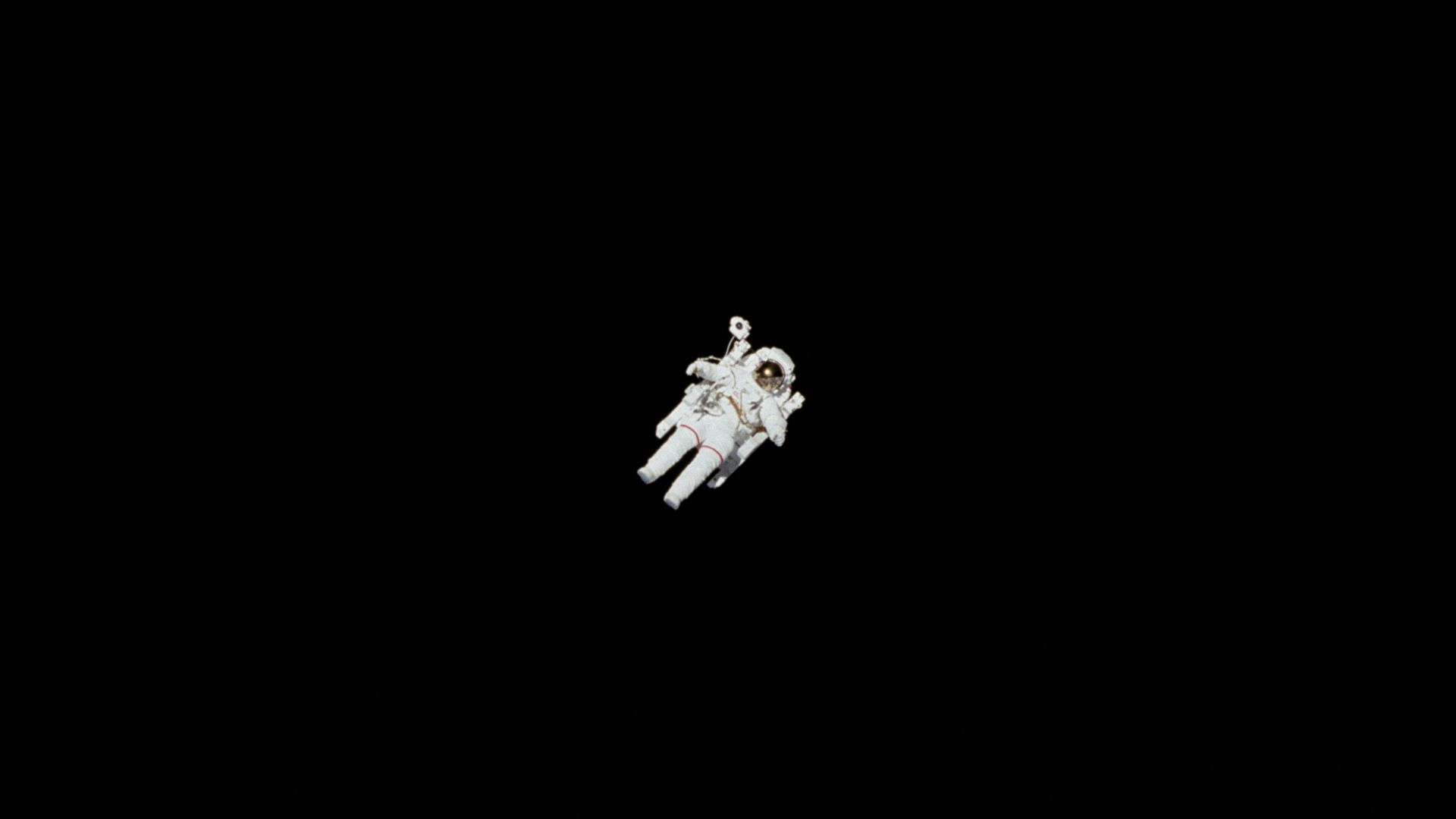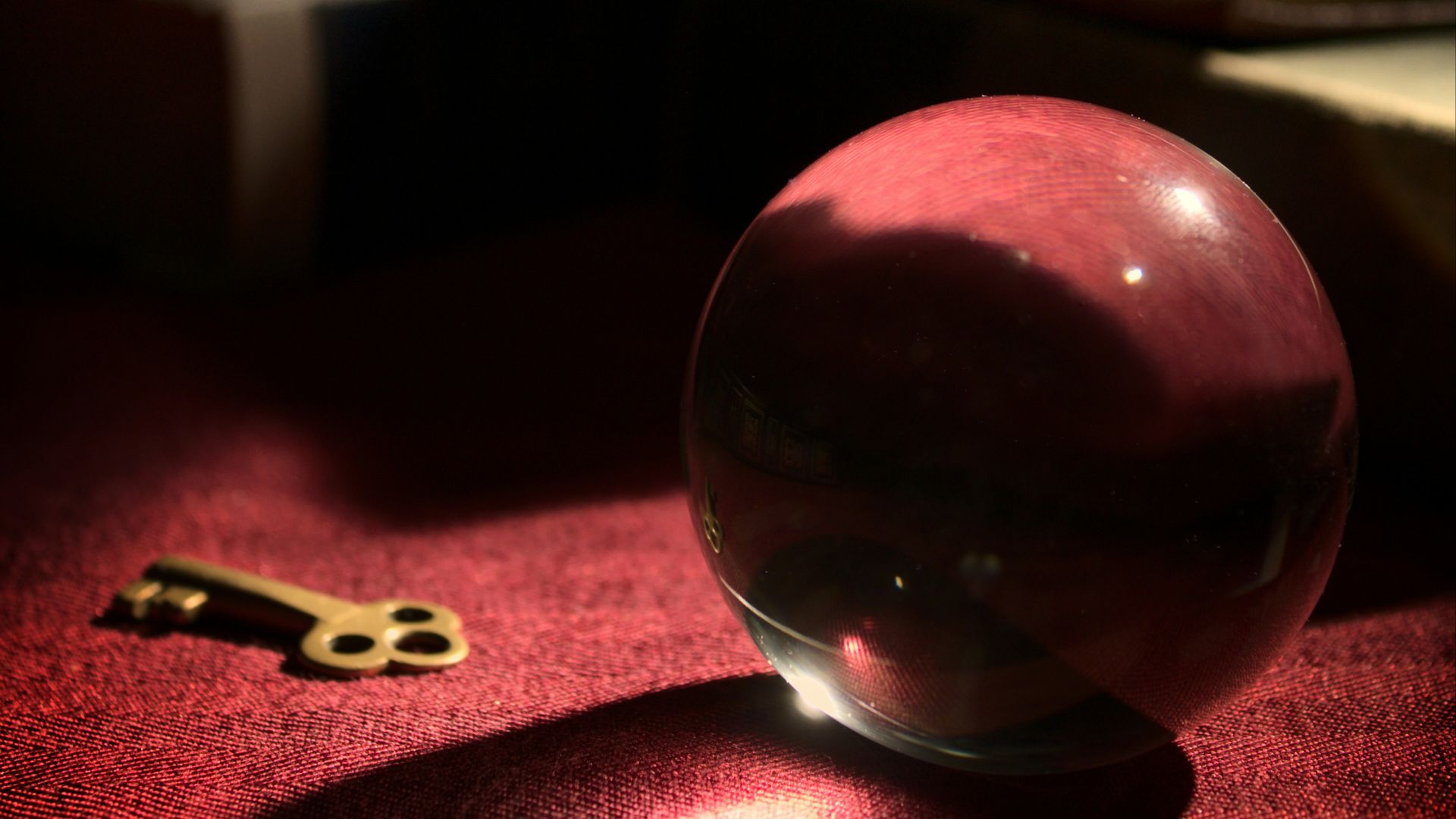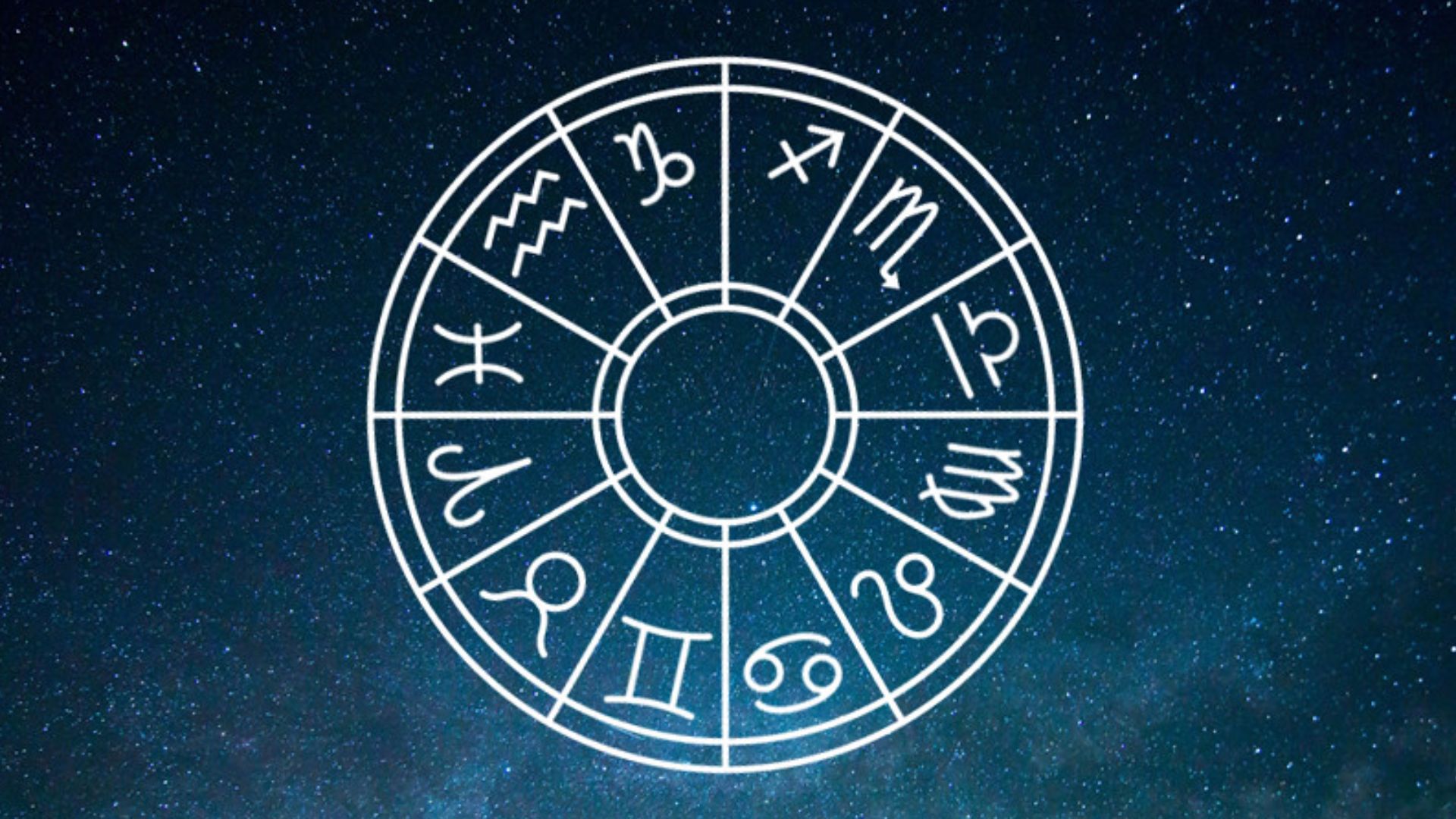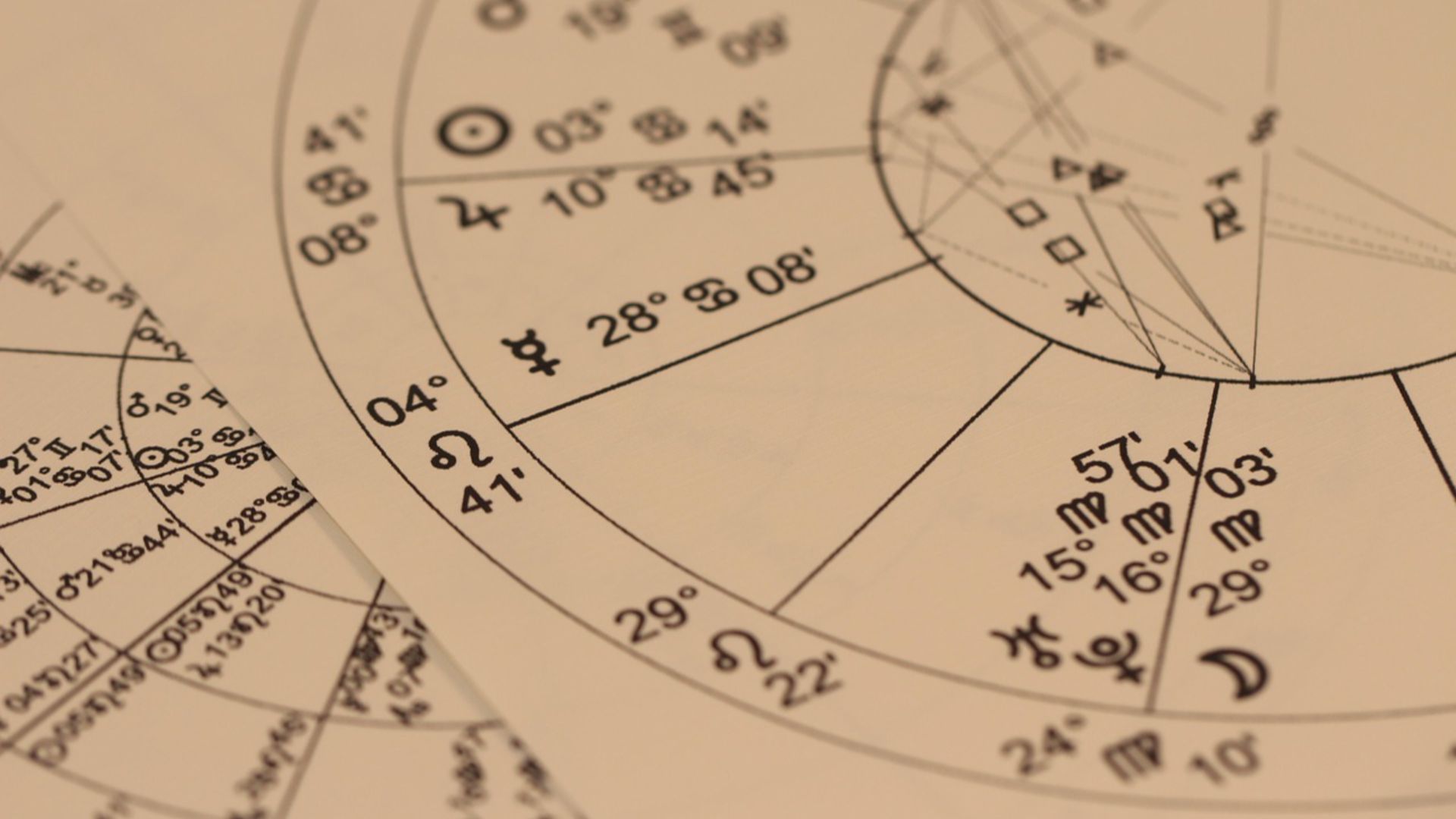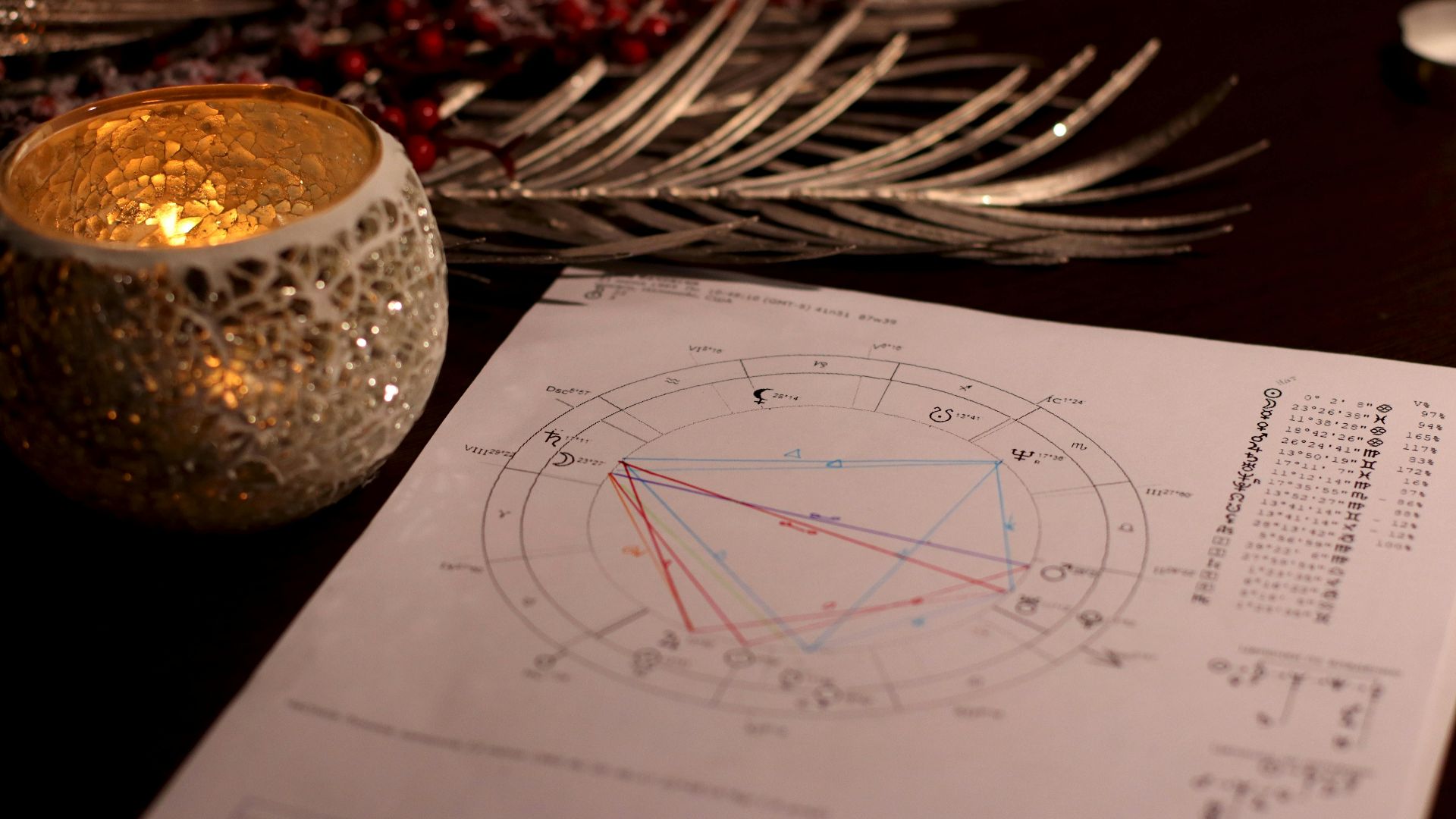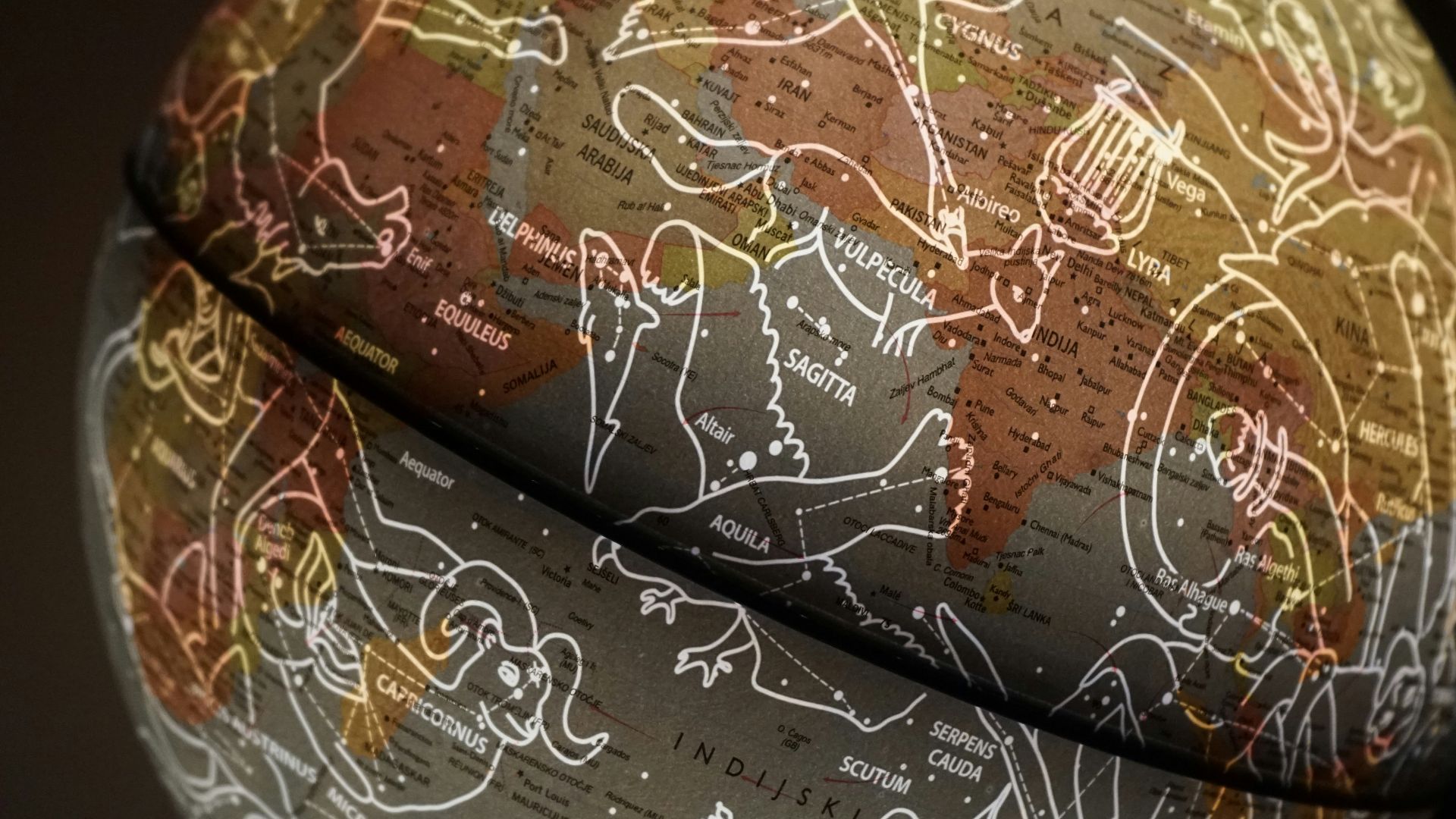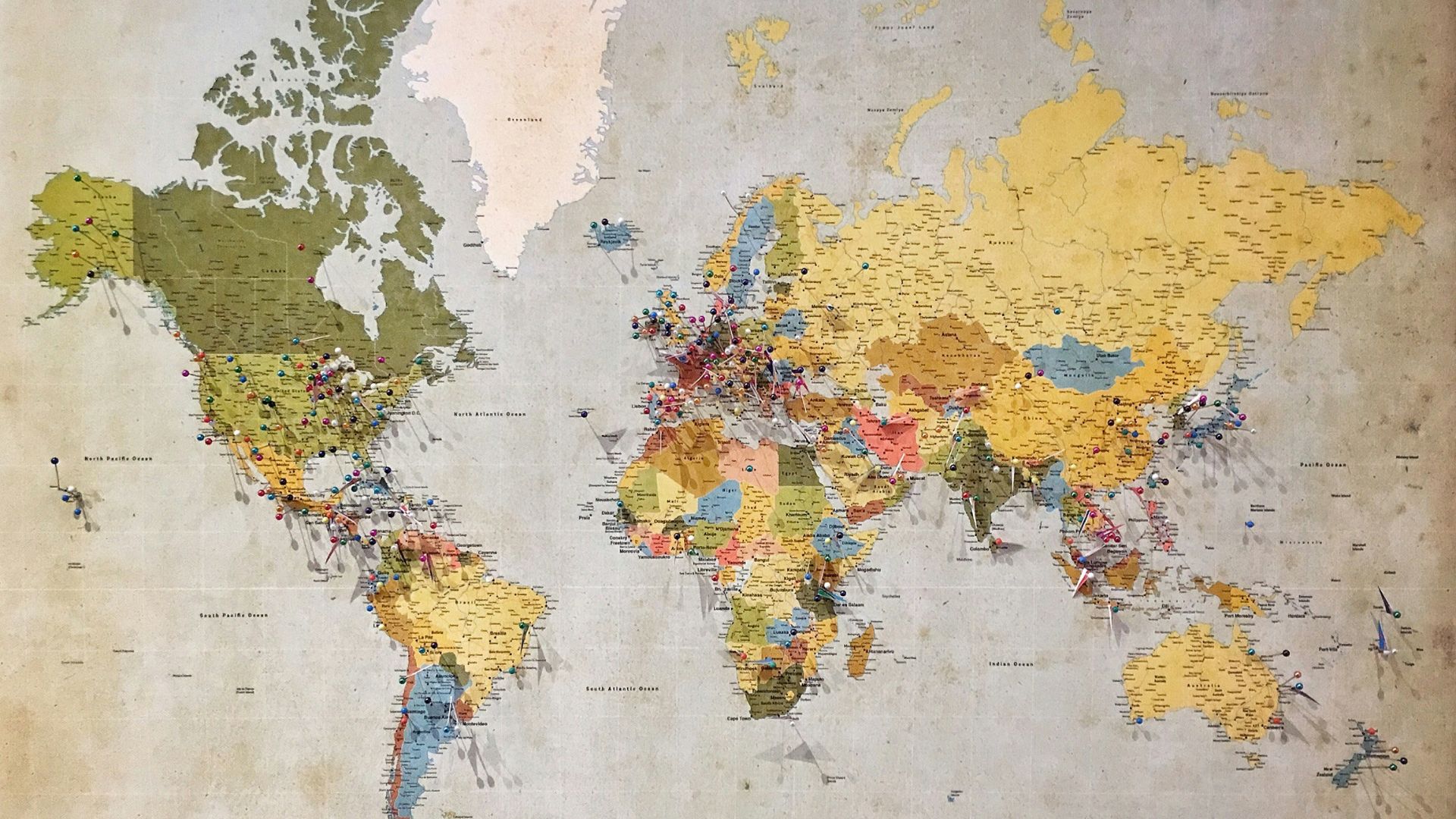Look Into The Stars
Astrology is a long-standing method of trying to figure out yourself, your future, or the general state of the world, and the practice soared in popularity during the COVID-19 pandemic. However, the intricacies of astrology are far more detailed than any surface-level posts you might’ve come across. If you’re interested in learning just a little bit more about astrology, read on.
1. It’s Old
The practice of astrology dates back to 2,000 BCE, dating back to the Old Babylonian period of Mesopotamia. Hindu, Chinese, and Mayan cultures all created systems for celestial observation. Even Western astrology can be traced to the 19th-17th century BCE in Mesopotamia, after it reached ancient Greece, Rome, and the Islamic World.
2. Your Big Three
Your “big three” in astrology refers to your sun, moon, and rising signs. These three signs aren’t necessarily the most powerful in your chart, but they do tend to provide the most insight into your identity, your needs, and how you interact with your environment. If you want to get more specific without diving too deep, it’s also helpful to look at your Mercury, Venus, and Mars signs.
3. It’s Complicated
Astrology is so much more than the standard one-word answers you see on Instagram. When you really dive into the practice, you’ll find that your chart is made up of planets, moons, asteroids, and their angles to one another. Learning astrology takes years and years of knowledge.
4. “Cusps” Aren’t Real
“Cuspers,” or people born in the first or last days of a particular sign, can sometimes find themselves displaying traits of two signs. However, many astrologers don’t believe in the idea of cusps, as the sun can never be in two signs at once. Think of it like changing a TV channel.
5. Are there 13?
The unofficial zodiac sign, Ophiuchus, was first introduced in 1970 by Steven Schmidt. The zodiac, which would technically cover anyone born between November 30 and December 18, was never officialized as the Babylonians wanted to keep their zodiac aligned with the 12-month lunar calendar.
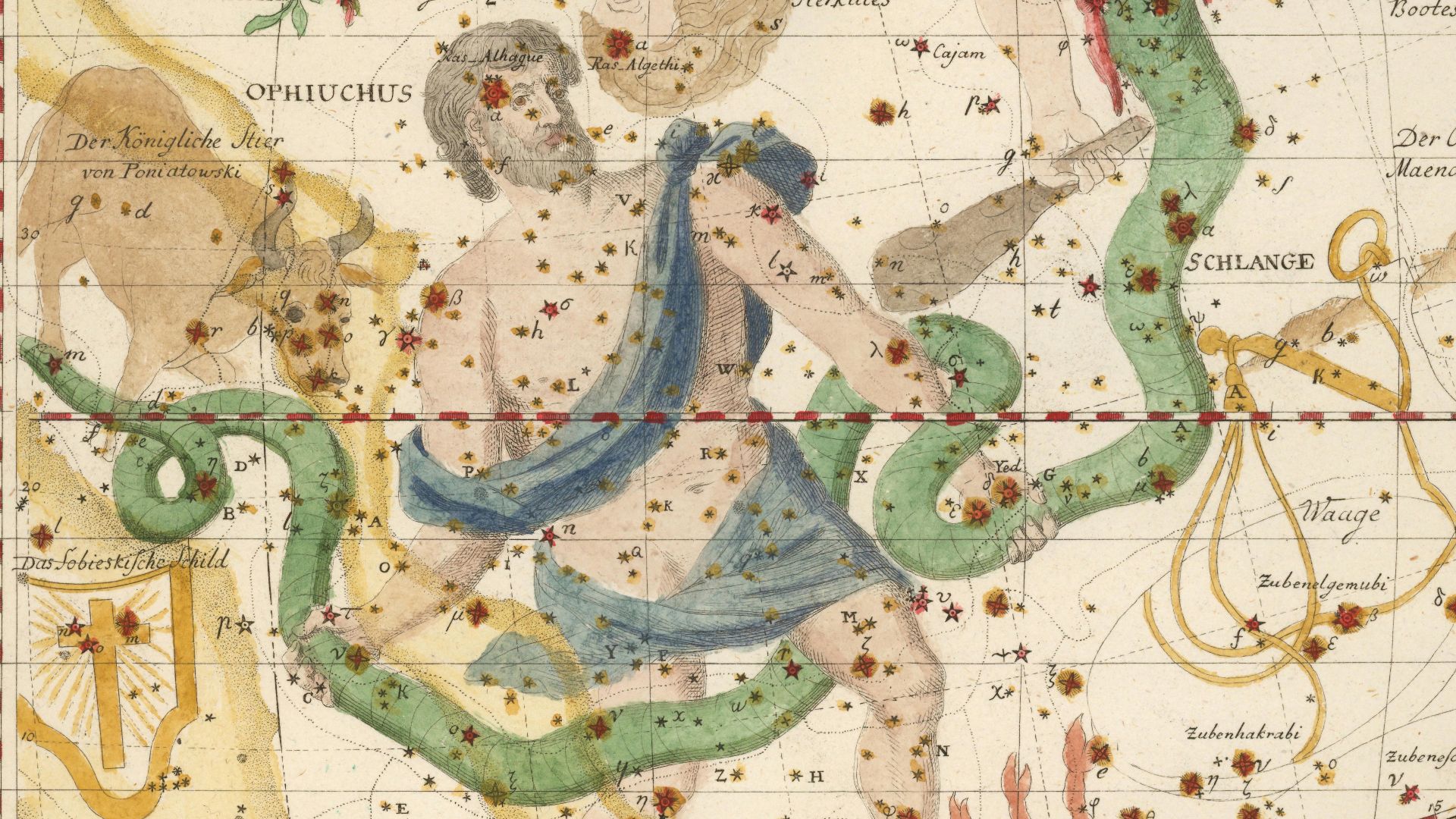 Johann Elert Bode on Wikimedia
Johann Elert Bode on Wikimedia
6. Everything Has A Zodiac Sign
We’re not joking. If something was “born,” it has a birth chart. The United States, for instance, was born on July 4, 1776, making it a Cancer sun, Aquarius moon, and Sagittarius Rising. The birth time for the United States was coined by Ebenezer Sibly, who says it happened at 5:10 PM, although it isn’t confirmed.
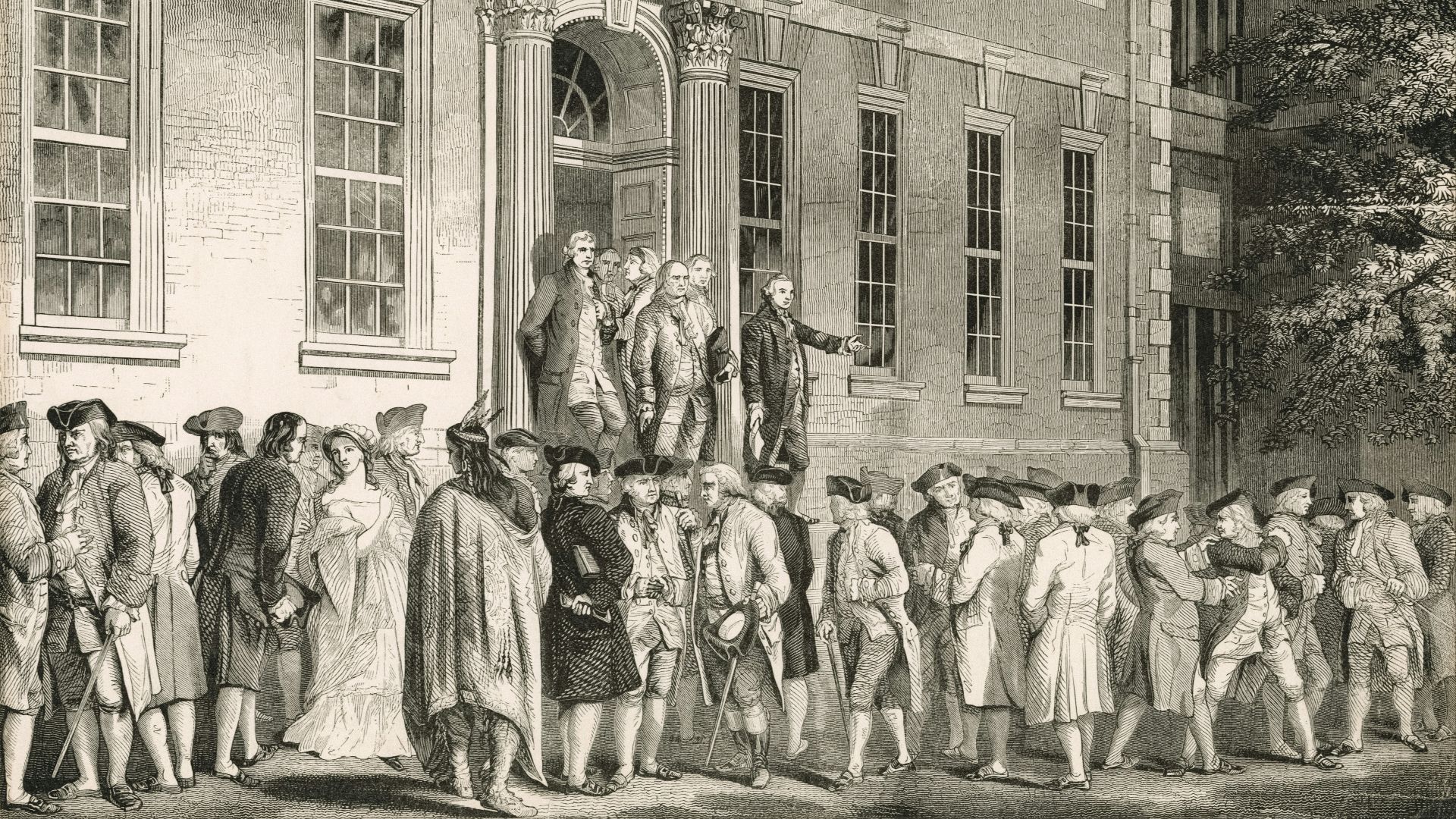 The New York Public Library on Unsplash
The New York Public Library on Unsplash
7. Why Do We Care?
Even people who don’t believe in astrology get a little curious when people start reading their birth charts. Even if it’s all fake, astrology has been deeply ingrained into our psyche as a means of seeking comfort during hard times, gives us a sense of control, and can help us understand our identity.
8. It Influenced Science
Technically, astrology is a pseudoscience, meaning it has no scientific validity. However, the actual study of the stars drove scientific research forward so we could better understand our solar system. Not only that, but astrology contributed to the development of equipment like the astrolabe and provided historians with insight into ancient civilizations.
9. It Can Help Predict Future Events
Okay, nobody can actually predict the future. However, many astrologers speculate about potential future events by looking at where the planets will be a week, a month, or a year later. In fact, astrologer Ryo Tatsuki predicted the COVID-19 pandemic back in 1999.
10. You Have All 12 Signs
This is where things get a little complex. Your birth chart contains planets, houses, and all 12 zodiac signs. While your birth chart maps which planets fall into which house or sign, you are still influenced by the zodiac signs that don’t have any planets in them.
11. There Are Different Astrology Systems
The astrology system we’re most familiar with is Western astrology, which is based on the tropical zodiac. However, Vedic, Chinese, Mayan, Jewish, and Islamic astrology systems exist, among many more. All of these systems are based on different calendars, tropical or sidereal zodiacs, and what planets or concepts each method emphasizes.
12. Astrology Has Influenced Language
Many celestial words played a part in the large dictionary we have today. For instance, “consider” comes from the Latin “con” and “sidereus,” meaning to consult the stars. The word “disaster” also uses the Latin “dis” and “astrum,” meaning “ill-starred.”
13. Genethlialogy
Genethlialogy is more well-known as natal astrology, and is likely the most common branch of astrology we use for ourselves. Genethlialogy claims that the map of the stars at a person's birth is fundamental to their personality and life path. Sure, it can never be a valid method of seeing the future, but it could potentially help you if you’re feeling a little lost.
14. Celebrity Status
Yes, you can be born with fame indicators. Many celebrities have a Leo or Cancer sun, moon, or rising, planets in their 1st, 5th, 10th, and 11th houses, or having planets at 5, 17, or 29 degrees at the time of birth. There are many more “star quality” placements that you can easily find online.
15. Cardinal, Mutable, Or Fixed
These three groupings represent how zodiac signs express energy, with four signs attached to each group. Cardinal signs (Aries, Cancer, Libra, Capricorn) are known for their initiative, fixed signs (Taurus, Leo, Scorpio, Aquarius) are known for being steady and persistent, while mutable signs (Gemini, Virgo, Sagittarius, Pisces) are well known for being flexible and adaptable.
16. Astrocartography
This system of astrology focuses on telling you where you should or shouldn’t live, based on your birth chart. When done correctly, you can interpret where you’ll find increased self-expression, comfort, relationships, growth, challenges, and so much more.
17. No Star Co-Star
The popular astrology app Co-Star first came onto the scene in 2017 and has a pleasant and simple interface for folks to read their horoscope. However, many astrologers believe Co-Star is doing more harm than good. Co-Star was not made with insight from actual astrologers and has been discovered to use AI-generated content for their daily horoscope notifications.
18. Ups And Downs
Every zodiac sign is “ruled” by a planet, meaning that certain signs can be highly comfortable or highly uncomfortable depending on which planet they're on. This general idea is split into 5 essential dignities: Sign vs detriment, exaltation vs fall, triplicity, terms, and face.
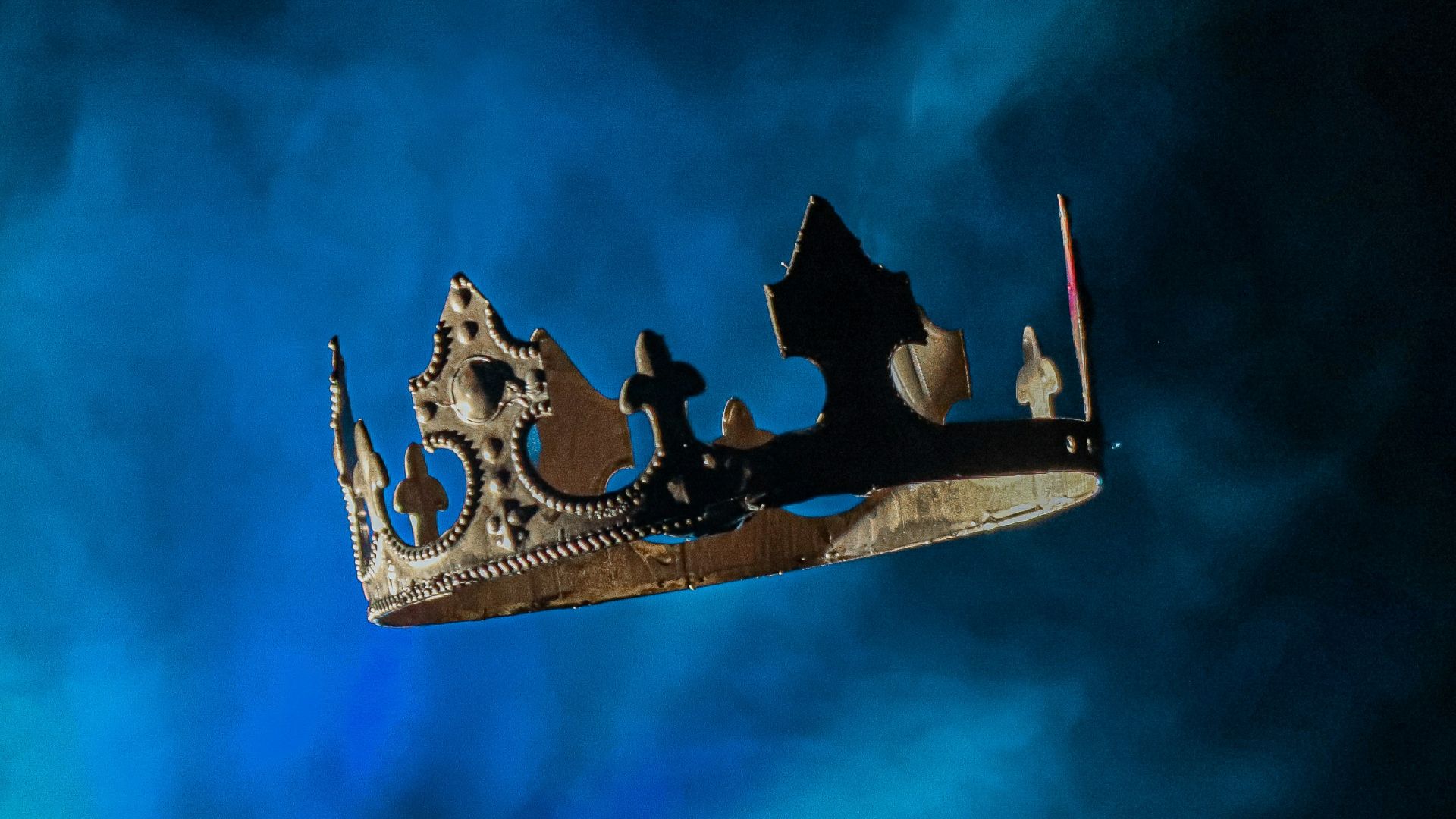 Carlos N. Cuatzo Meza on Unsplash
Carlos N. Cuatzo Meza on Unsplash
19. It’s All About Balance
Every sign has an opposite, but that isn’t a bad thing. In fact, finding people who have your “opposite” sign means you represent different, but complementary approaches to a shared theme. This push and pull can help you find balance, reflect, and grow as an individual.
 Christophe Hautier on Unsplash
Christophe Hautier on Unsplash
20. It’s Not Set In Stone
Above all else, astrology does not determine your actions for you. Even if you have your future read out to you, you don’t have to follow it if it’s not what you want. Astrology is simply another method of folks trying to gain better insight into themselves and their lives, and is not the be-all, end-all to an individual’s personality.


